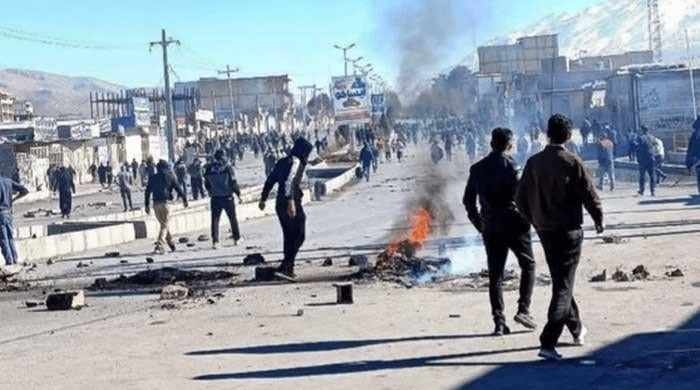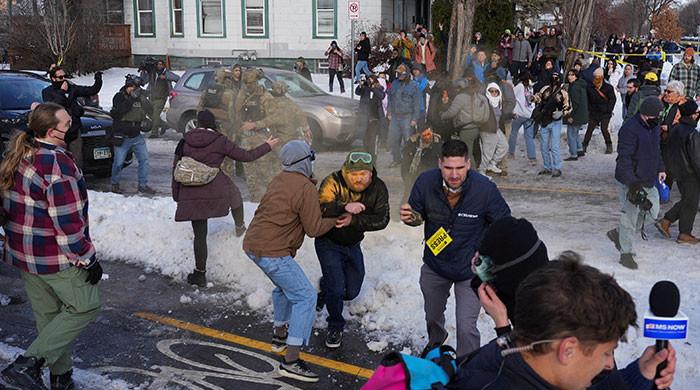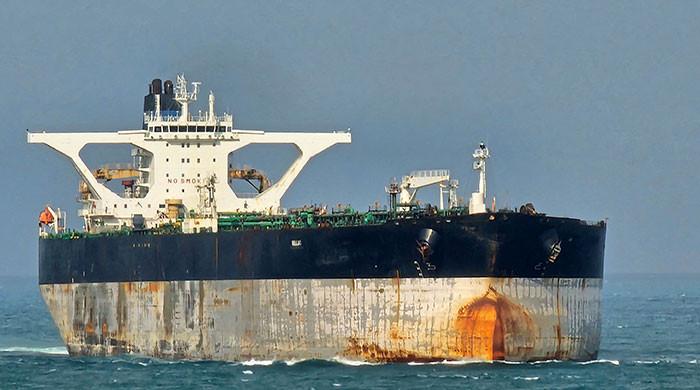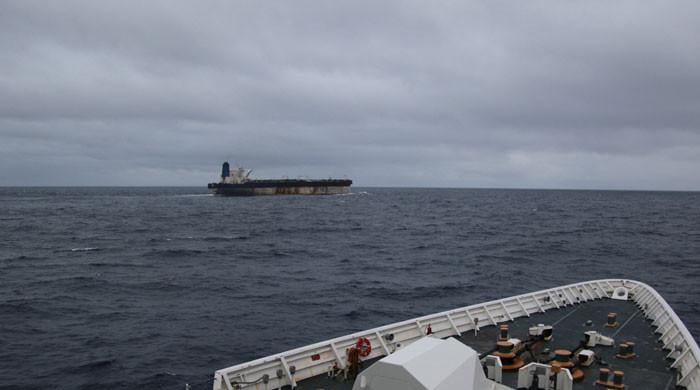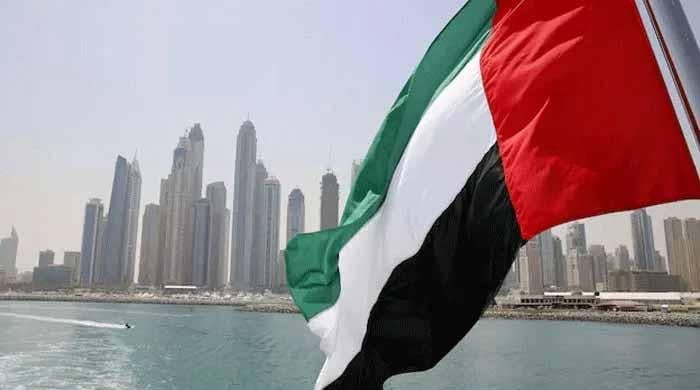Russia to send capsule to rescue crew from ISS
Three crew members of ISS were due to return to Earth after a meteorite damaged spacecraft, Roscosmos says
January 11, 2023
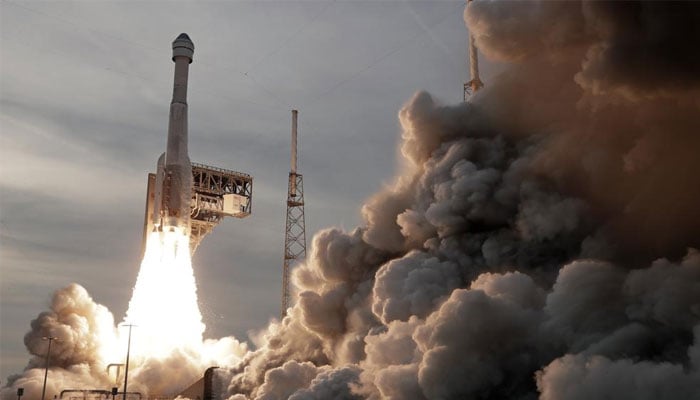
MOSCOW: Russia said Wednesday it would send a rescue capsule on February 20 for three crew of the International Space Station (ISS), after a meteorite damaged the spacecraft that was due to return them to Earth.
"The Soyuz MS-23 launch is on February 20, 2023, in an unmanned mode," Russia's space agency Roscosmos said.
The MS-22 spacecraft that was originally set to bring Russian cosmonauts Sergei Prokopyev and Dmitry Petelin and NASA astronaut Frank Rubio back to Earth had been damaged by a small meteorite strike, Roscosmos said on Wednesday, ruling out a technical fault.
Their space capsule will now need to return crewless, the space agency said.
"Soyuz MS-22 must descend to Earth without a crew," Roscosmos said after damage to the space capsule resulted in a coolant leak last month.
"In the event of particularly critical situations on the ISS, the possibility of using the Soyuz MS-22 to rescue the crew will be determined by a separate decision of the state commission," Roscosmos added.
There are currently seven people aboard the ISS. With the MS-22 rocket now deemed unfit, it means that the ISS has just one "lifeboat" capable of carrying four people, in case it needs to be evacuated.
Roscosmos and NASA initially said the leak did not pose any danger to those on board.
The vehicle began spraying its coolant into space on December 14, with dramatic NASA TV images showing white particles resembling snowflakes streaming out of the rear.
MS-22 flew Russian cosmonauts Dmitry Petelin and Sergey Prokopyev, as well as NASA astronaut Frank Rubio, to the ISS in September.
Their mission is being extended and they will now return to Earth on board the MS-23, Roscosmos said.
Space has remained a rare venue of cooperation between Moscow and Washington since the start of the Russian offensive in Ukraine and ensuing Western sanctions on Russia.
The ISS was launched in 1998 at a time of increased US-Russia cooperation following their Space Race competition during the Cold War.




